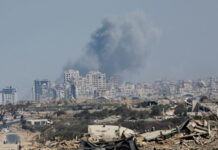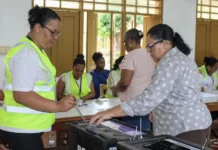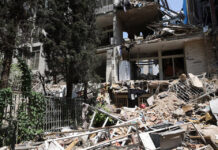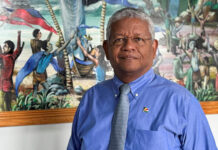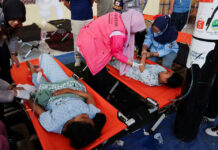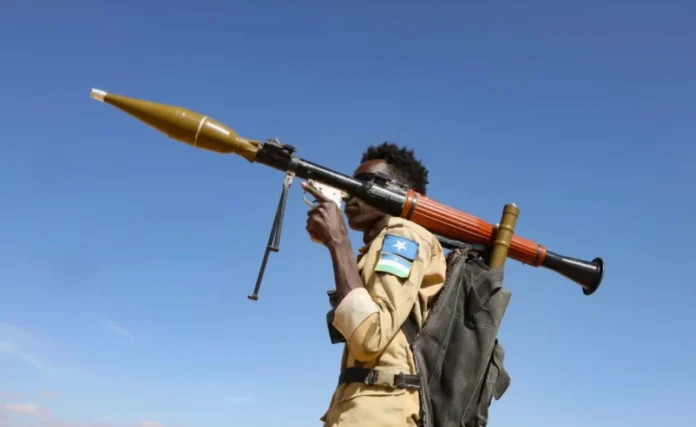
International confidence in Somalia’s fight against Al-Shabaab is rapidly eroding, as the extremist group reclaims territory and exposes the government’s military and political vulnerabilities, despite billions of dollars in foreign aid.
On July 7, Al-Shabaab launched a deadly offensive to retake the town of Moqokori using hundreds of fighters and a suicide car bomb. The capture dealt a symbolic and strategic blow to the Somali government and its allied clan militias, giving the militants a launchpad for further attacks in the Hiiraan region.
Once hailed for a successful 2022–23 campaign that saw over 200 towns and villages liberated, Somalia’s local militias, known as Macwiisley, have crumbled under renewed pressure. Analysts estimate that Al-Shabaab has since reclaimed nearly 90% of its lost territory, including key areas like Masaajid Cali Gaduud and Adan Yabal, and destroyed critical infrastructure such as three bridges on the Shebelle River.
“The government was extremely inept at working with clans,” said Rashid Abdi of Sahan Research. “Political favoritism replaced military strategy, and the result was the collapse of community mobilization.”
President Hassan Sheikh Mohamud (HSM), once credited for inspiring local resistance against Al-Shabaab, is now accused of losing focus. His administration has prioritized electoral reforms, including Somalia’s first-ever one-person, one-vote election slated for next year, a goal widely seen as unrealistic amid escalating insecurity.
“The leadership is no longer involved,” said Mohamed Hassan, a militia member in Hiiraan. “The community feels disorganized and abandoned.”
The Somali National Army (SNA), still under development after years of reliance on African Union forces, has struggled to contain the insurgency. Even its elite U.S.-trained Danab commando unit has suffered severe losses and lacks the capacity to hold territory.
“We’re seeing an army that is not just dysfunctional, but losing the will to actually fight,” Abdi warned.
Meanwhile, Al-Shabaab continues to exert control across large swathes of territory and Somalia’s economy. The group not only controls trade and taxation in rural areas, but has also intensified attacks in Mogadishu, including a March assassination attempt on the president and frequent strikes near the international airport.
Despite more than $7 billion in security aid from the U.S. and EU since 2007, donor fatigue is mounting. The recent transition from the African Union’s AMISOM to the hastily assembled AUSSOM mission underscored Somalia’s lack of readiness to manage its own security.
“There’s a huge amount of donor fatigue,” a Western diplomat told AFP. “People are asking, ‘What have we bought for the last 10 years?’”
New partners such as Turkey, the UAE, Qatar, and Egypt have stepped in with military and financial support. Turkey alone has deployed 500 troops backed by drones to protect investments, including a proposed spaceport. But analysts say these partners are more focused on securing their strategic interests than leading the counterinsurgency effort.
With donors reluctant to commit further and Al-Shabaab gaining momentum, Somalia faces a deepening crisis.
“We are staring at a very grim situation,” said Abdi. “The state is losing ground, militarily, politically, and economically.”
Written By Rodney Mbua




